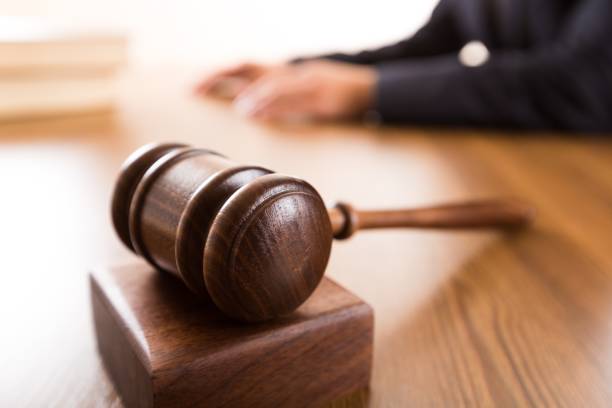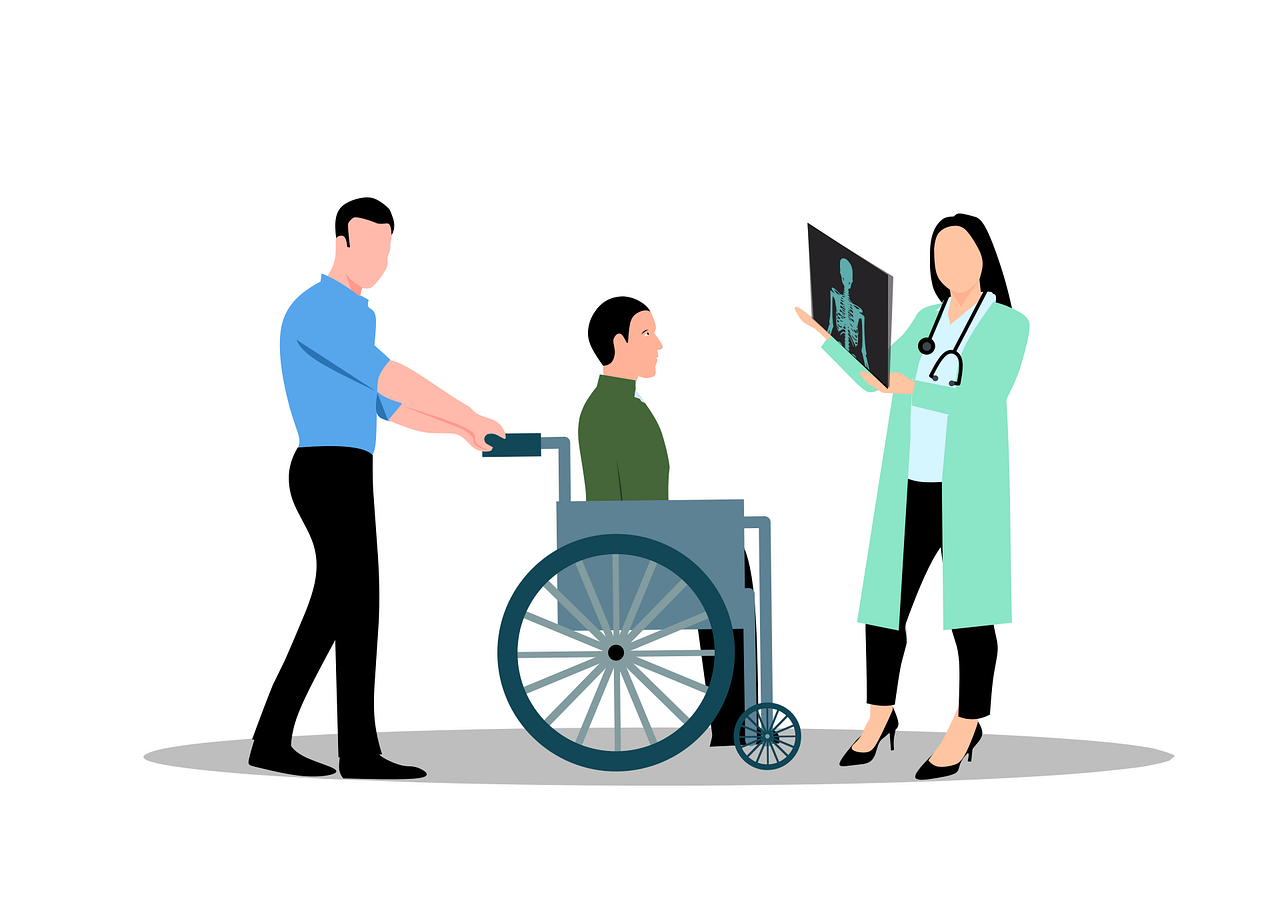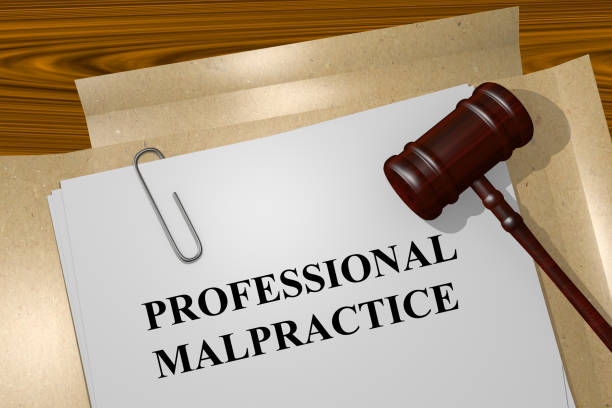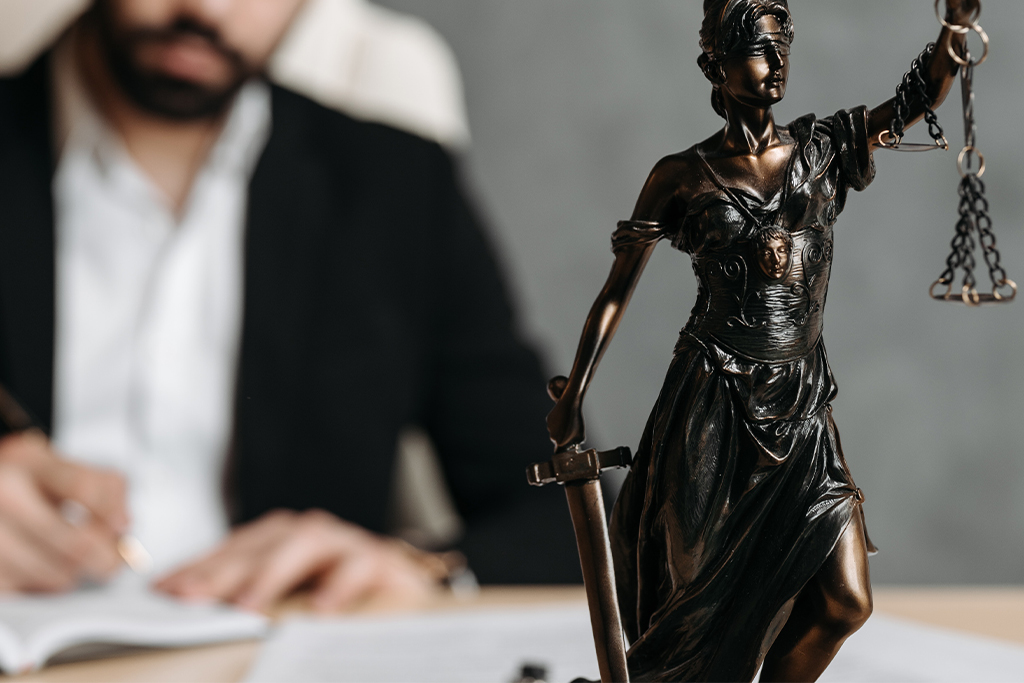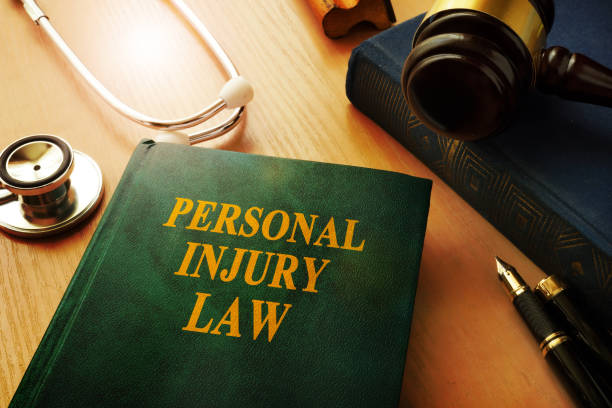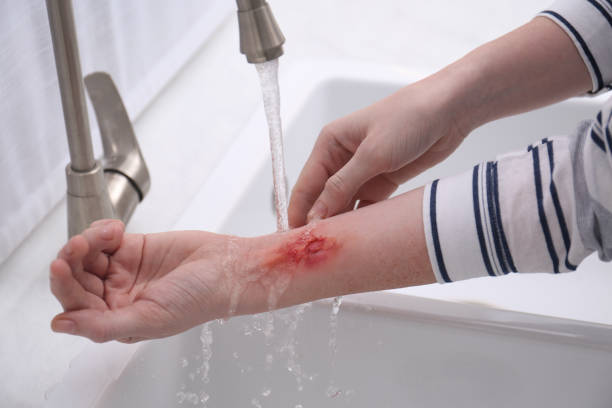The False Claims Act (FCA) is a federal law in the United States that holds those accountable for defrauding the government by filing false claims for payment or reimbursement. Enacted during the Civil War era to combat fraud against the government, particularly defense contractors, it has since been strengthened multiple times to further its provisions.
Under the FCA, those who submit false or fraudulent claims to the government can be held liable for triple damages plus additional penalties per false claim submitted. Furthermore, whistleblowers who report fraud against the government are protected under this law from retaliation and receive financial rewards as compensation.
The FCA applies to any claim or payment request made to the federal government, such as healthcare claims, defense contracts, and government loans. It is enforced by the Department of Justice and allows private citizens to bring lawsuits on behalf of the government (known as qui tam lawsuits), receiving a portion of any damages awarded in such cases.
False Claims Act in Personal Injury Law
While the FCA does not specifically apply to personal injury law, it can be used to address fraudulent claims related to personal injury cases.
In the context of personal injury law, the FCA can be used to address situations where healthcare providers or medical device manufacturers defraud the government by submitting false claims for reimbursement. For example, if a healthcare provider bills Medicare for services that were not actually provided, or if a medical device manufacturer provides false information to the FDA to obtain approval for a product, this could be considered a violation of the FCA.
In such cases, private individuals, also known as whistleblowers, can file a lawsuit on behalf of the government, and if successful, they may be entitled to a percentage of the damages recovered. The FCA also provides protections for whistleblowers against retaliation by their employers.
While the FCA can be a powerful tool for addressing fraud in personal injury cases, it is important to work with experienced attorneys who are knowledgeable in this area of the law. The process of filing an FCA lawsuit can be complex and challenging, and it is important to have strong evidence to support the allegations of fraud. Additionally, whistleblowers may face challenges such as losing their job or experiencing retaliation, so it is important to have legal counsel to protect their rights and interests.
Here at Darfoor Law Firm, outstanding service, and passion are the foundation of every step that we take. We are here to help you and guide you with the best course of action.
Filing a lawsuit can be tough to deal with and you need someone who will understand, sympathize, and fight for you.
Call us at +1-833-DARFOOR for a free consultation and case evaluation.


